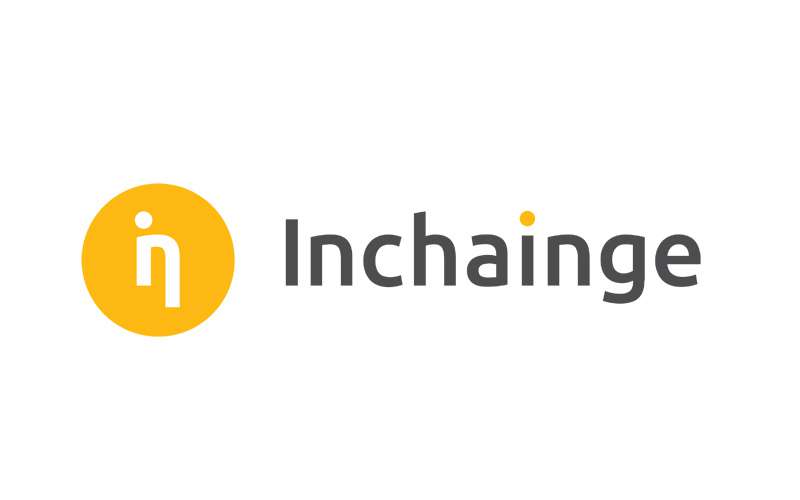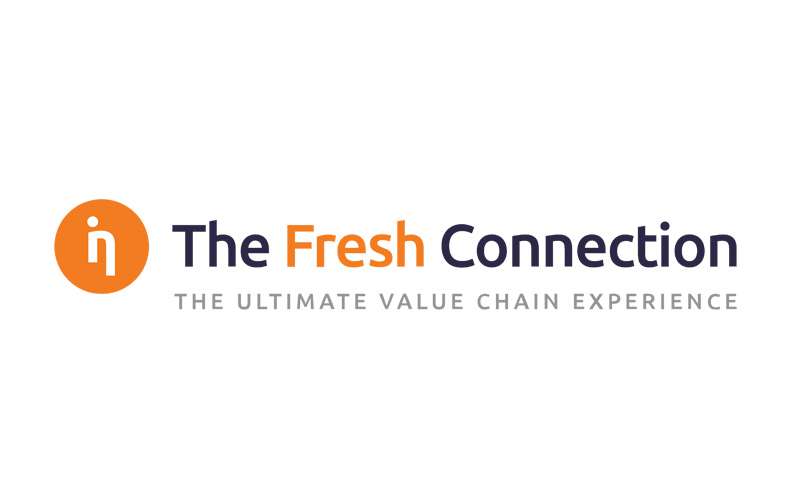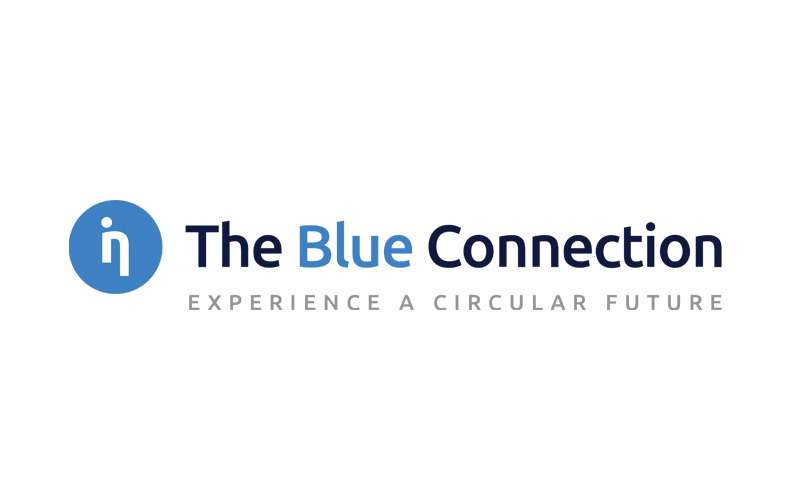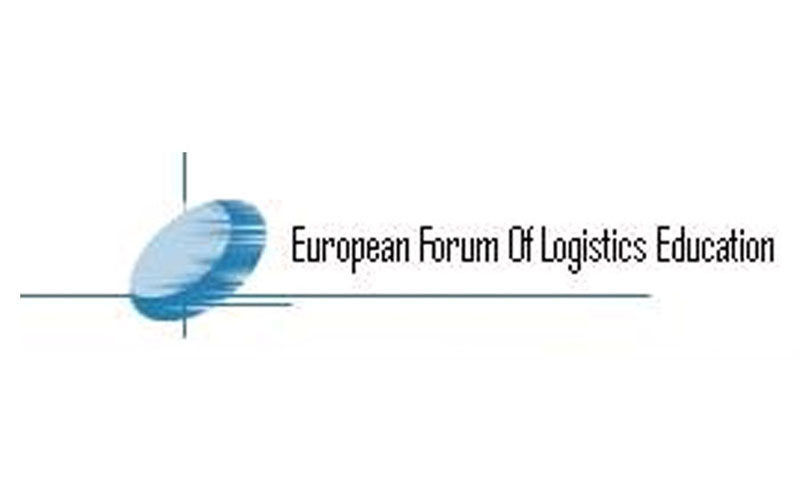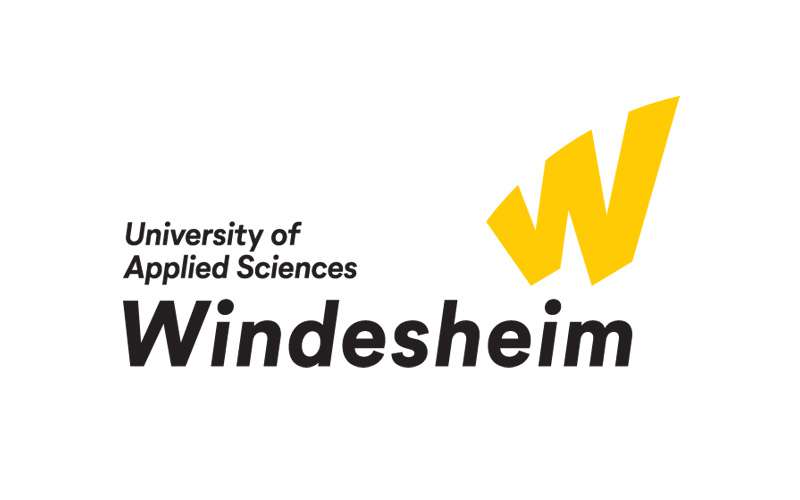Inchainge Connect Educator Conference 2021

After the incredible success of the previous live edition, we are excited to announce that Inchainge Connect will be brought to you as an exclusive Global Online Event!
This year’s theme will be ‘The Evolution of Integrated Learning – Reshaping Value Chain Education’.
We are honored to announce several world-renowned Keynote speakers who will be presenting very interesting topics. Check out our program.
Inchainge Connect prioritizes what’s most important in value chain education, so you can take back strategies and concepts to reinvent or re-establish your course or department. Attendees will be presented with a wide range of actionable ideas. What will you take back to prepare your students for the future?
In support of educators around the globe we are offering free access to an extended 3-block program (morning, afternoon & evening) accessible to all time zones. Join from any time zone at your own convenience. Take full advantage of our exciting program and attend as many sessions as you find interesting.
Keynote speakers

Keynote speaker
Kay Peterson
Topic:
Experiential Learning for Team Success in Business
People report spending a majority of their time collaborating with others; yet, few people have ever learned how to become a highly effective team member on a successful team. As students begin to work on simulation teams, educators can set them up for individual and collective success by introducing an ideal team process, focusing on the team profile, and negotiating a shared purpose. In this session, Kay Peterson will introduce the Team Learning Report, co-authored by David A. Kolb, as a means of making the process of learning and development explicit as students begin to work on simulation teams.
Biography:
Kay Peterson is the founder of the Institute for Experiential Learning, a global service organization that promotes Kolb Experiential Learning to develop whole, integrated people who are capable of dealing with the world’s most challenging dilemmas.
Kay’s goal is to put Kolb Experiential Learning on the agenda of every team and organizational change and development effort and anyone looking to enact personal change. Kay has initiated a broad array of programs and materials that promote Experiential Learning and learning flexibility in individuals, teams, and organizations.
Kay earned a BS from Vanderbilt University, an MS-POD and a MBA from Case Western Reserve University Wesatherhead School of Management. In addition, she holds an MN from Emory University. She is an ICF Professional Certified Coach, a Gestalt Professional Certified Coach, and a member of the Forbes Coaches Council. She co-authored with David A. Kolb the books How You Learn Is How You Live: Using Nine Ways of Learning to Transform Your Life (Berrett-Koehler). the companion Personal Development Guide, and the Team Learning Report. For more information, go to www.experientiallearninginstitute.org.
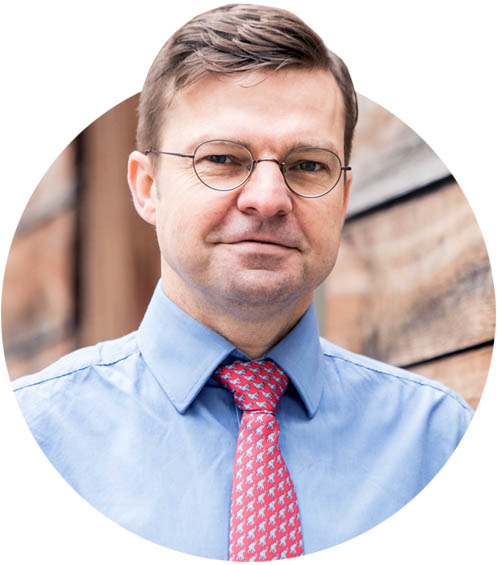
Keynote speaker
Prof. Dr. Wayne Visser
Topic:
Closing the Loop
Reflecting on experiences filming the world’s first feature length documentary on the circular economy, with examples from Latin America, Africa and Europe. And describing the Circular Economy Commitment that has been launched for companies to sign up to.
Biography:
Prof. Dr. Wayne Visser is a globally recognized ‘pracademic’, listed as one of the world’s Top 10 most influential faculty thinkers on issues of responsible business in social media, a top 100 influencer on CSR and sustainable business, a top 100 thought-leader in trustworthy business and a top 100 sustainability leader. Dr. Visser is the author of 39 books and his work as a strategy analyst, sustainability advisor, CSR expert, futurist, filmmaker and professional speaker has taken him to 77 countries.
Dr. Visser currently serves Professor of Integrated Value at Antwerp Management School, where he also holds the Chair in Sustainable Transformation, supported by BASF, Port of Antwerp and Randstad. He is a Head Tutor and Fellow of the University of Cambridge Institute for Sustainability Leadership, Director of the thinktank and media company, Kaleidoscope Futures and Founder of CSR International. Previous roles were as Director of Sustainability Services for KPMG and Strategy Analyst for Capgemini in South Africa.
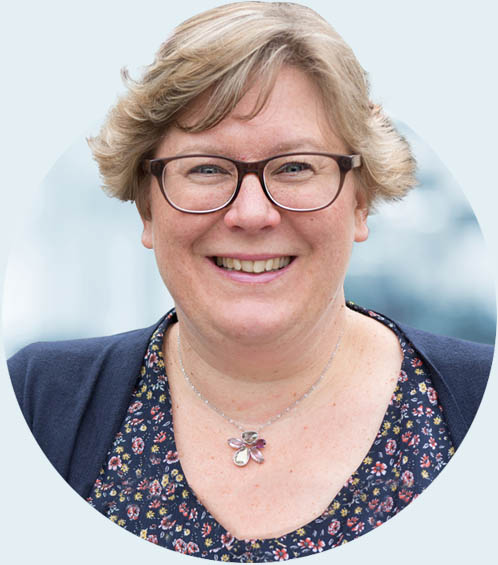
Keynote speaker
Eveline van Zeeland
Topic:
The neuroscience
of game-based learning
The brain is the main organ that people use when they are learning. It is even argued that education is the art of changing the brain. During this talk we will explore what game-based learning 'does' or 'can do' in the brain. By studying how the brain responds to educational stimuli we can learn how to improve these stimuli or the context in which we present the stimuli to the students. Therefore the goal of this talk is to enrich our understanding of game-based learning from a neuroscientific perspective in order to improve the practice of education.
Biography:
Eveline van Zeeland uses insights from neuroscience to design better solutions for the fields of marketing, management and education. She is author of the books 'Marketing Design' (awarded with the Dutch Marketing Literature Prize 2020) and 'Basisboek Neuromarketing'. Eveline wrote multiple articles on the neuroscience of trust, which are published in prestigious academic journals. She will defend her dissertation entitled 'Designing for Trust' at Twente University on the 28th of May.
Eveline is an expert in design thinking and coaches organizations, professionals and students how to apply design thinking in their everyday practice. Eveline is a university teacher for almost twenty years and has been nominated for teacher of the year (2009) at Maastricht University.
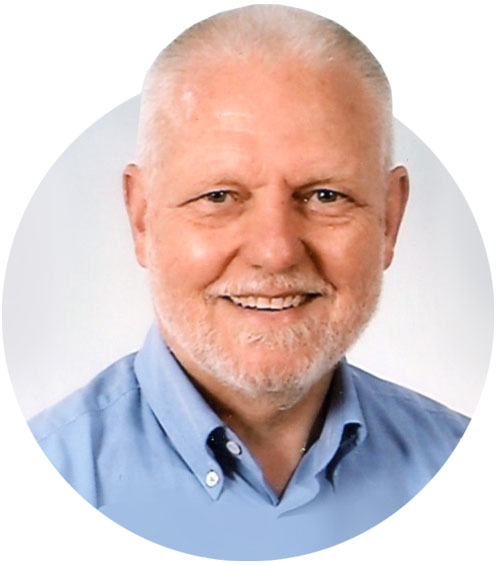
Keynote speaker
Prof. Dr. Jan H.G. Klabbers
Topic:
The Magic Circle and principles of game-based learning
In my presentation I will present three learning environments, which address different approaches to knowledge transfer. Games are forms of play. Playing a game is engaging in a total experienceof being bodily and mentally involved in a temporary, provisional, and integrated world.
All play moves and exists within a magic circle: a play-ground marked off beforehand(Huizinga, 1955). That magic circle represents a temporary world within the ordinary world.Itmarks off a dedicated action space.A fully fledged game session covers two linked cycles: the macro-and micro-cycle.The role of the designer and facilitatoris to set the right conditions for meaningful play, and to improve the players’ ability to identify the underlying structure of the issue
Reference: Klabbers, Jan HG. (2009). The magic circle: principles of gaming & simulation. Rotterdam: Sense Publishers.Biography:
Prof. Dr. Jan H.G. Klabbers has held professor and research positions in the U.S.A. (MIT, Case Western Reserve University), in the Netherlands (Radboud University, Leiden University, Utrecht University, University of Amsterdam, Erasmus University), and in Norway (University of Bergen). He is honorary member, former President and Secretary General of the International Simulation and Gaming Association (ISAGA), honorary member of SAGSAGA, and member of SAGANET. Dr. Klabbers is managing director of KMPC, involved in organization design & management and policy development.
For more details, see URL: http://www.kmpc.nl
Track Chairs & Speakers

Alfons Willemsen
TOPIC The quest towards resilient Supply Chains
Learn more about Alfons Willemsen
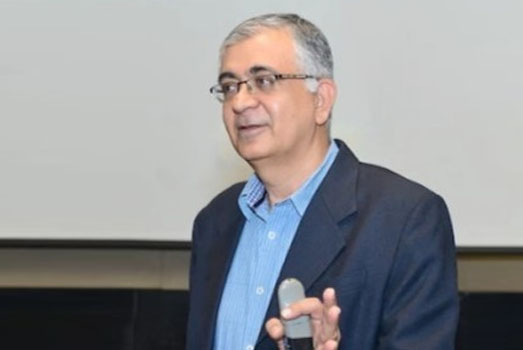
Ashish Mendiratta
TOPIC Supply Chain Education: What’s Next in the New Normal?
Learn more about Ashish Mendiratta
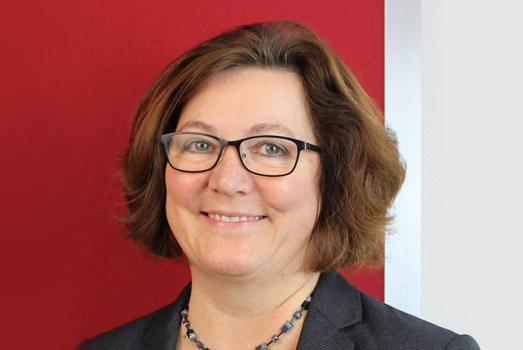
Birgit Zürn BSc in Economics
Learn more about Birgit Zürn
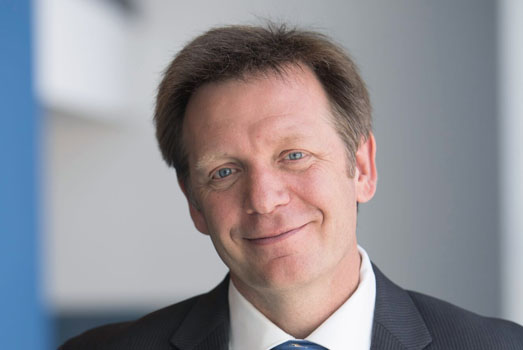
Björn Claes
TOPIC Panel: Does game-based experiential learning lead to a higher learning effect?
Learn more about Björn Claes
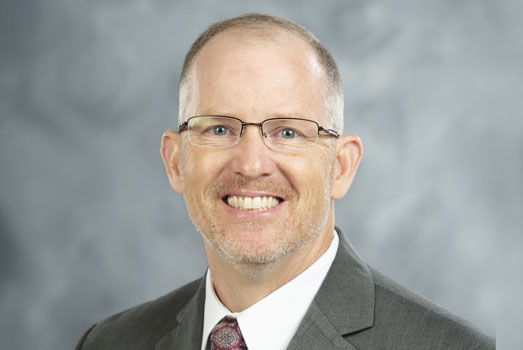
Dr. Christopher A. Boone
TOPIC Panel: Does game-based experiential learning lead to a higher learning effect?
Learn more about Christopher A. Boone
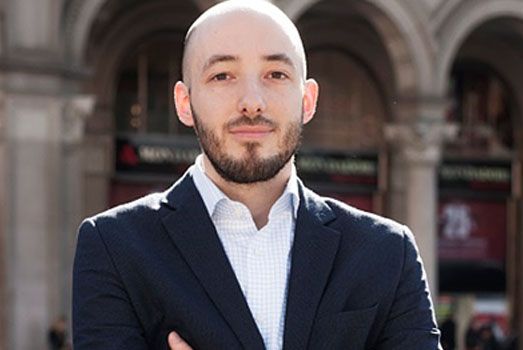
Christiaan de Goeij
TOPIC Supply Chain Risk Management & Supply Chain Resilience
Learn more about Christiaan de Goeij
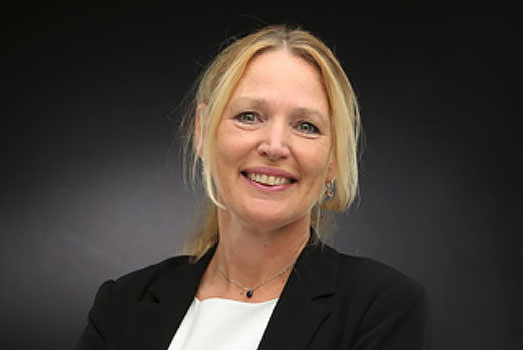
Corine van der Sloot
TOPIC Supply Chain Education: What’s Next in the New Normal?
Learn more about Corine van der Sloot
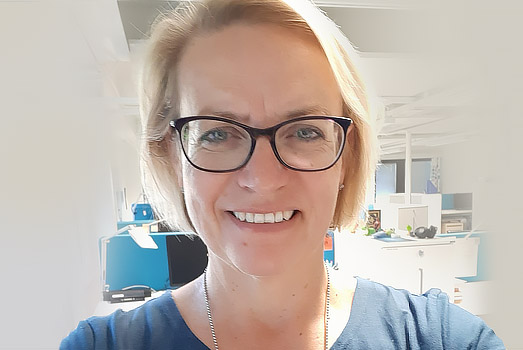
Daniela Tanhua
TOPIC Internationalization at home with The Cool Connection & The Blue Connection
Learn more about Daniela Tanhua
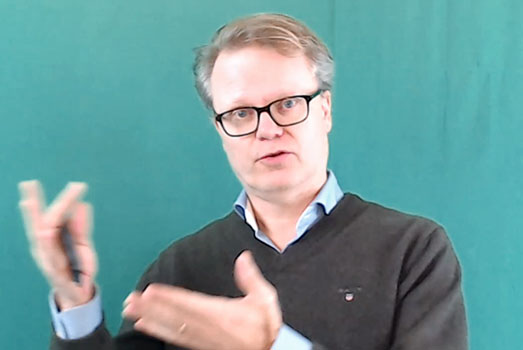
Ed Weenk MSc PDEng
TOPIC The Integrated Learning Approach: Mastering the Supply Chain
TOPIC The Integrated Learning Approach: Mastering the Circular Economy
Learn more about Ed Weenk
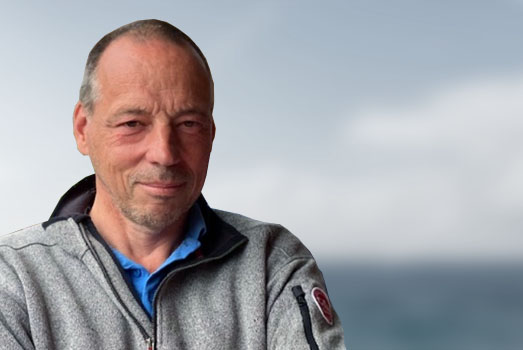
Egge Haak
TOPIC Data Analytics Hands On
Learn more about Egge Haak
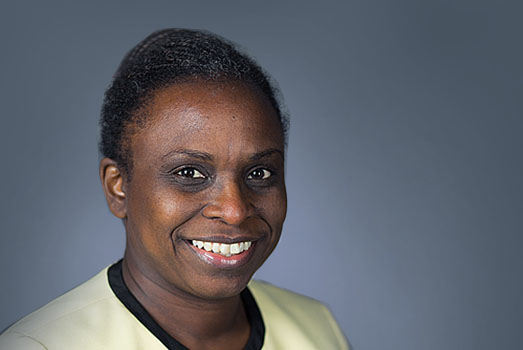
Felisa Preciado Higgins, Ph.D.
TOPIC Panel: Does game-based experiential learning lead to a higher learning effect?
Learn more about Felisa Preciado Higgins
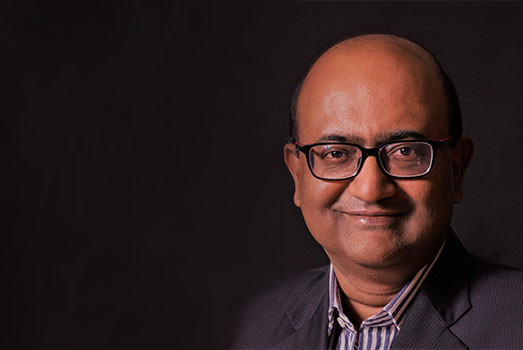
Dr. Ghatak Kaushik
TOPIC Supply Chain Education: What’s Next in the New Normal?
Learn more about Ghatak Kaushik
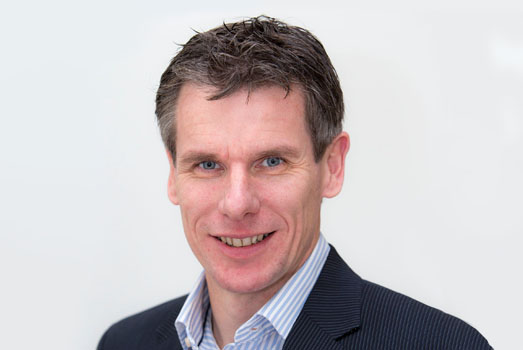
Hans Kremer
Track Chair
Learn more about Hans Kremer

Dr. Hans van der Drift
Moderator
Learn more about Dr. Hans van der Drift
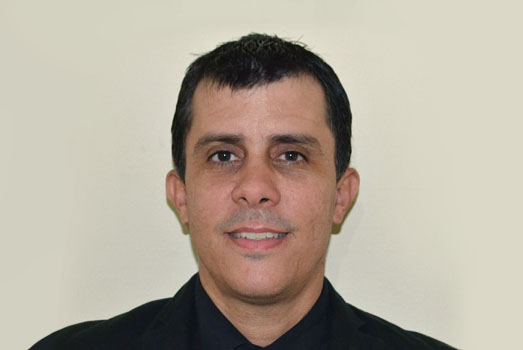
Prof. Igor Lopes
TOPIC Panel: Does game-based experiential learning lead to a higher learning effect?
Learn more about Igor Lopes
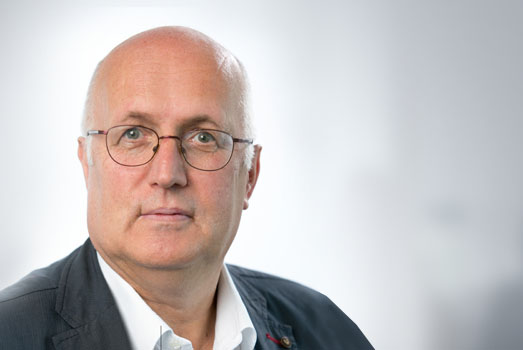
Jan H. Jansen
TOPIC Internationalization at home with The Cool Connection & The Blue Connection
Learn more about Jan H. Jansen

Johan J. Louw
Moderator The Future of Data Analytics in education
Learn more about Johan J. Louw
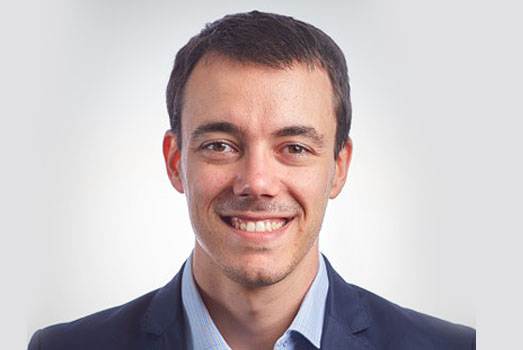
Luca M. Gelsomino
TOPIC Supply Chain Risk Management & Supply Chain Resilience
Learn more about Luca Gelsomino
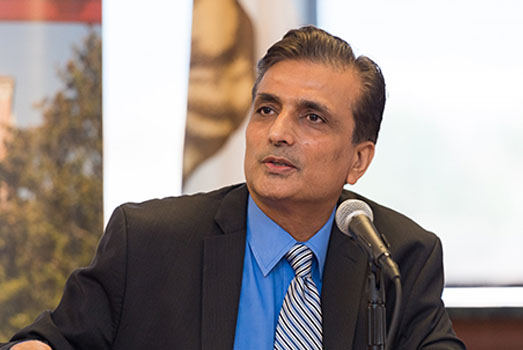
Nick Vyas
TOPIC Global Supply Chain Outlook in a Time of Uncertainty
Learn more about Nick Vyas
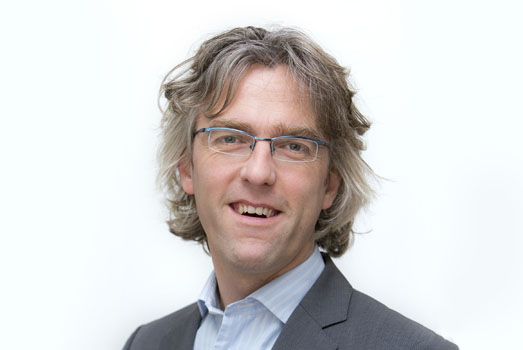
Prof. Dr. Michiel Steeman
Track Chair
Learn more about Michiel Steeman
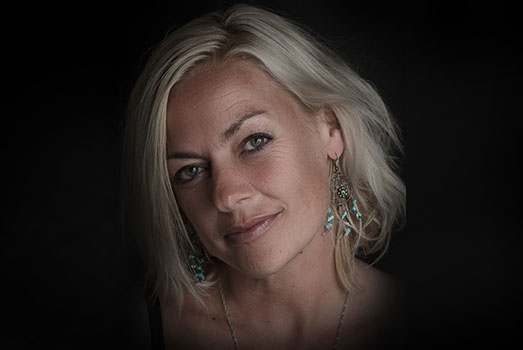
Roelijn Kok
TOPIC Internationalization at home with The Cool Connection & The Blue Connection
Learn more about Roelijn Kok
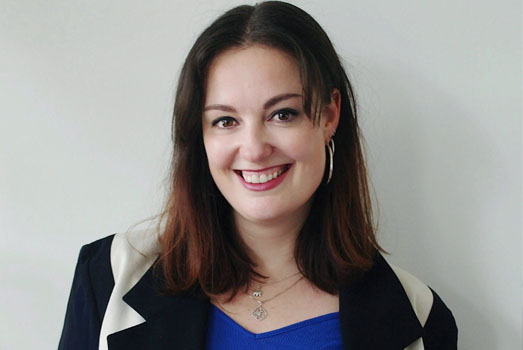
Rozanne Henzen
TOPIC The Integrated Learning Approach: Mastering the Circular Economy
Learn more about Rozanne Henzen
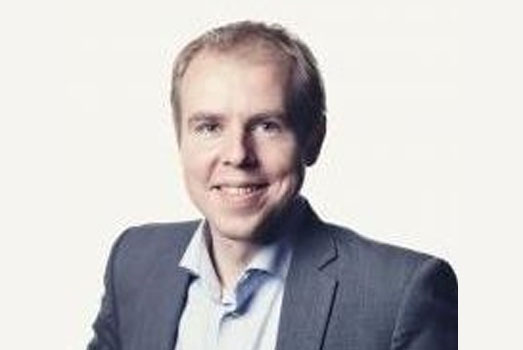
Thomas Frandsen
TOPIC Best practices on how to teach (supply chain) finance with game-based experiential learning
Learn more about Thomas Frandsen
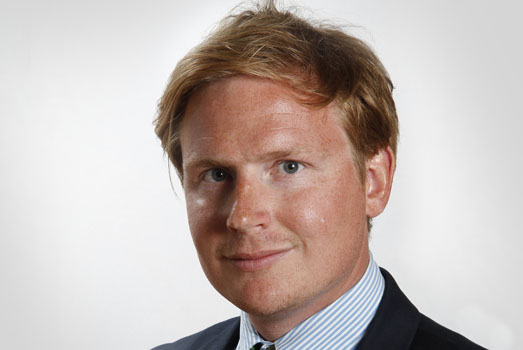
Dr. Viktor Elliot
TOPIC Best practices on how to teach (supply chain) finance with game-based experiential learning
Learn more about Viktor Elliot
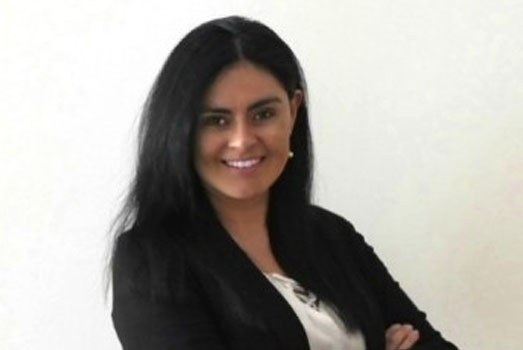
Yeri Juliana Villamizar León
TOPIC Panel: Does game-based experiential learning lead to a higher learning effect?
Learn more about Yeri Villamizar

Reserve your spot now!
Free exclusively for Educators
Program
14 April 2021
Morning Program (Block 1)
all times are according to Amsterdam time zone / UTC+2The Integrated Learning Approach: Mastering the Supply Chain
Supply Chain Education: What’s Next in the New Normal?
MULTI-TRACK BREAKOUTS
Networking Hubs, Q&A rooms & Interactive workshops
Experience Supply Chain Gaming with The Fresh Connection
Internationalization at home with The Cool Connection & The Blue Connection
Best practices on how to teach (supply chain) finance with game-based experiential learning
Data Analytics Hands On
Afternoon Program (Block 2)
all times are according to Amsterdam time zone / UTC+2MULTI-TRACK BREAKOUTS
Networking Hubs, Q&A rooms & Interactive workshops
Experience Supply Chain Gaming with The Cool Connection
Supply Chain Risk Management & Supply Chain Resilience
The Magic Circle and principles of game-based learning
MULTI-TRACK BREAKOUTS
Networking Hubs, Q&A rooms
The Integrated Learning Approach: Mastering the Circular Economy
Closing the Loop
Evening Program (Block 3)
all times are according to Amsterdam time zone / UTC+2MULTI-TRACK BREAKOUTS
Networking Hubs, Q&A rooms & Interactive workshops
Experience Supply Chain Gaming with The Blue Connection
The neurobiology of game-based learning
The Integrated Learning Approach: Mastering the Supply Chain
Global Supply Chain Outlook in a Time of Uncertainty
Quick Break
Panel: Best Practices in game-based learning
Experiential Learning for Team Success in Business
Networking Hubs
The End
* The program can be subject to minor changes. The networking hubs will be announced on our Scoocs Platform.




 Powered by:
Powered by:

